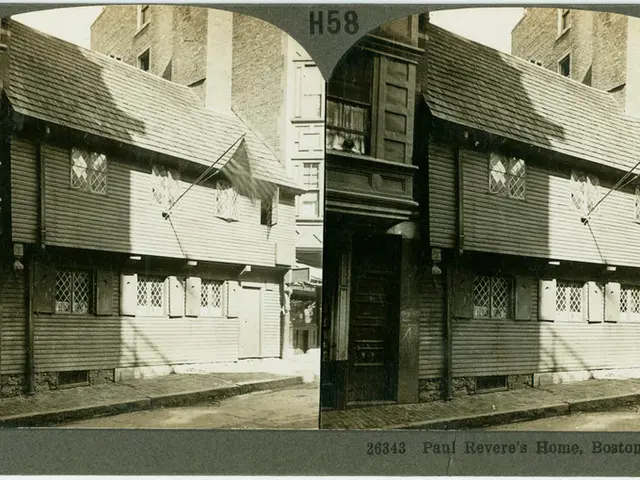HIEM TRAINING PROGRAM: A MULTINATIONAL EMERGENCY MEDICINE JOINT EDUCATION INITIATIVE
International Emergency Medicine Training Program Application Invitation for Cross-Border Participation - HIEM Program
The HIEM Training Program, a first-of-its-kind international Emergency Medicine (EM) collaboration, is developed in the UK. Trainees embark on a four-year journey, with the first and last year in Nepal and the second and third year in the UK.
DEGREES OBTAINED: MRCEM AND FQim
Throughout the program, trainees will adhere to the Royal College of Emergency Medicine (RCEM) curriculum, RCEM e-portfolio, and Fellowship in Quality Improvement (Palm) modules. Upon completion, trainees will take the Members of the Royal College of Emergency Medicine (MRCEM) exam and earn both the MRCEM and FQim degrees.
RCEM RECOGNITION
HIEM and its trainees, designated as International Training Registrar (ITR), have been recognized by RCEM as Associate Membership (AOST). This designation allows HIEM trainees to gain valuable training in the UK through the Medical Training Initiative (MTI) scheme without requiring the PLAB exam.
NEPAL RECOGNITION
Upon finishing the four-year program, candidates must apply to Nepal Medical Council (NMC)/ Medical Education Commission (MEC) for specialist registration to practice as a specialist in Emergency Medicine in Nepal. Trainees will be recruited through Quality improvement Medical Education Training centers (QiMET) worldwide, with the Nepal QiMET National Centre based in Chitwan Medical College.
ENTRY REQUIREMENTS
ELIGIBILITY CRITERIA FOR HIEM ENTRANCE EXAM
- Completion of MBBS degree and internship, with registration in the Nepal Medical Council.
APPLICATION REQUIREMENTS TO CONTINUE HIEM UK TRAINING
- Minimum 3 years postgraduate experience, including an internship, one year as a medical officer in the Emergency Department, and at least one year of RCEM-recognized Emergency Medicine training.
- Certification in at least one life support course, like ALS or its RCEM equivalent.
- Achievement of a minimum score of 7.0 in each section and an overall minimum score of 7.5 in the academic module of the IELTS, or a grade of at least 'B' in each testing area of the Occupational English Test - medicine version, taken within the past 2 years.
- Successful completion of the Annual Review of Competence Progression (ARCP) by a panel of Consultants from RCEM/NHS/CMC annually.
- Identification of an appropriate topic in the field of Emergency Medicine and adequate progression in thesis work, confirmed by WAML.
- Acquisition of an institutional sponsor specifying the post they will return to at Chitwan Medical College.
ENTRY EXAM
The HIEM entry exam occurs on September 23rd. It consists of 100 MCQ Emergency Medicine questions, followed by OSCE, Clinical Theory, Aptitude, and Communication Skills assessments for selected candidates. Candidates will also complete an essay, OSCE stations, and general questions (for the selected 16 candidates). Exams are conducted by QiMET International, either in-person at the QiMET National Centre, Chitwan Medical College, or virtually due to COVID-19.
EXIT EXAM AND COST
At the end of the four-year training period, trainees travel to India to complete the MRCEM exam (or during the UK rotation). The cost of the HIEM program includes an admission fee of 1 lakh NPR, tuition fees of 22 Lakhs NPR, a deposit of S Lakhs NPR, and a stipend/benefits package during CMC and UK training.
STIPEND AND BENEFITS
During CMC Training (1st and 4th year), trainees receive a monthly stipend of NPR 18,000 and NPR 20,000 in the 1st year and 4th year, respectively. During UK Training (2nd & 3rd year), trainees receive £35,000/annum (Nepalese Rupees 5,512,592.00), plus additional funding for FQim, ALS, ATLS, APLS courses, e-portfolio expenses, and first-month accommodation. Furthermore, trainees can bring their immediate family.
DROP-IN SESSIONS AND QUERIES
For more information on the HIEM program, candidates can participate in drop-in sessions on September 8th and September 15th, 2020. UK Consultants and the Program Lead will be available to address any questions during these sessions. Access the official website at www.cmc.edu.np for further details and contact information.
- Trainees in the HIEM Training Program spend four years learning Emergency Medicine (EM), with the first and last year in Nepal and the second and third year in the UK.
- The program follows the Royal College of Emergency Medicine (RCEM) curriculum, along with the RCEM e-portfolio and Fellowship in Quality Improvement (FQim) modules.
- Upon completing the program, trainees take the Members of the Royal College of Emergency Medicine (MRCEM) exam and earn both the MRCEM and FQim degrees.
- HIEM trainees, as International Training Registrar (ITR), have been recognized by RCEM as Associate Membership (AOST), enabling them to gain valuable training in the UK through the Medical Training Initiative (MTI) scheme without the PLAB exam.
- Candidates must apply to the Nepal Medical Council (NMC)/ Medical Education Commission (MEC) for specialist registration to practice as a specialist in Emergency Medicine in Nepal.
- The HIEM entry exam, including Emergency Medicine questions, OSCE, Clinical Theory, Aptitude, and Communication Skills assessments, occurs on September 23rd.
- The cost of the HIEM program includes various fees, such as an admission fee, tuition fees, a deposit, and a stipend/benefits package for both CMC and UK training periods, with accommodation provided in the UK.







